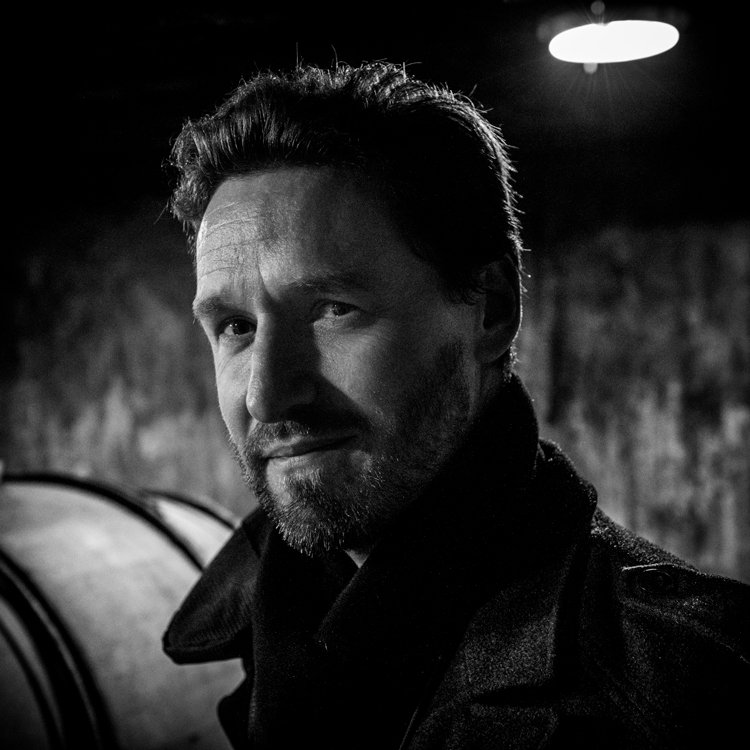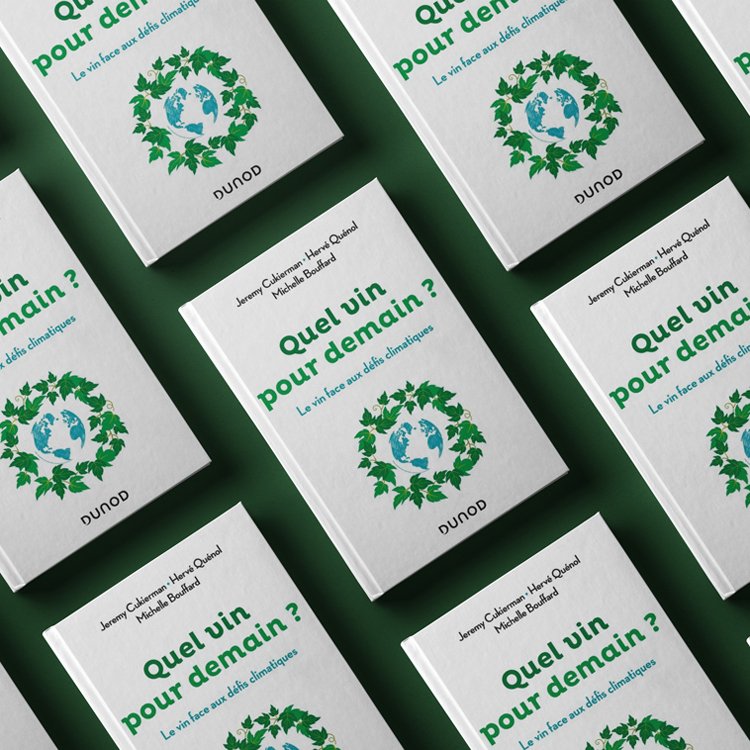▻ Climate Change with Jeremy Cukierman MW
In conversation with Jeremy Cukierman MW
Episode Summary:-
Jane Anson talks to Jeremy Cukierman MW, who has just released a new book in French entitled Quel vin pour demain? Le vin face aux défis climatiques, which in English translates to Which wine for tomorrow? Wine facing climatic challenges.
Jeremy wrote the book with Michelle Bouffard, stage-two MW student and founder of the international symposium Tasting Climate Change, and Hervé Quénol, climatologist and research director at the Centre National de la Recherche Scientifique.
Jeremy tells Jane how he became enamoured with wine and left his career as a media planner 15 years ago to become a wine merchant and then educator and author. Today he lives in Paris and is the director of the Kedge Wine School (which has campuses across France and overseas) and introduced courses on sustainability and climate change.
When he took his Master of Wine exam, his dissertation was on the impact of climate change on Syrah in Hermitage. This was the catalyst for the book, which looks at what’s been done and what can be done in vineyards and cellars around the world.
He discusses with Jane how important rootstock choices are, and explains that 50 to 60 years ago producers were looking for ripeness; today it is the opposite. They discuss grape diversity and which varieties are best suited to different terroirs. Jeremy believes that Merlot was too widely planted in Bordeaux and “Cabernet Franc has a big future in Bordeaux because it is retaining more acidity – even if it is going higher in terms of alcohol, it is still more balanced than other grapes.”
Roussillon and Swartland are highlighted as two regions that have adapted well to climate change, by picking early, using less oak, and less extraction, leading to more elegant wines. “There is not one solution, always a combination,” Jeremy states. Jane and he agree that the Old World producers can learn a lot from the New World.
Jane asks about how frequently producers are exchanging ideas about solutions to climate change. Burgundy and Central Otago Jeremy reveals are exchanging techniques and internships. He believes the biggest challenge is to have people exchanging ideas in a fragmented industry.
Global warming is just part of climate change, he explains; chaotic weather patterns, for example, mean producers need to be adaptable. He believes that marginal areas such as Brittany and Ile de France, and areas with altitude, will be regions to watch, and that areas like Tasmania and Germany have benefitted from global warming. Jeremy concludes it is not all bad: “I do believe we have never produced so many good wines in so many places.”
““I believe the wines of the future—if we win this battle against climate change—might be fresher than what we see today.” ”
Running Order:-
-
0.00 – 8.20
“The more you learn in terms of wine, the more you want to learn, the more you realise you don’t know.”
– Jeremy Cukierman MW talks about how he left being a media planner to become a wine professional.
– Discussion of his new book “Quel vin pour demain?” on the impact of climate change on wine, which to date is only published in French -
8.21 – 16.30
“I think Cabernet Franc has a big future in Bordeaux.”
– Jeremy talks about the different approaches that producers are taking.
– Discussion of different grape varieties and their suitability to their terroir in the face of changing climates. -
16.31 – 26.39
“The areas impacted are also the most inspiring.”
– Jeremy discusses how two regions, Roussillon and Swartland, have adapted their viticulture and winemaking techniques in the face of climate change. The issues of exchanging information in a fragmented industry.
– How global warming is just a small part of climate change; chaotic weather patterns mean producers need to constantly adapt.
– He hopes for the book to be published in English. -
26.30 – 35.25
“Too much irrigation means your plants are too dependent, the root system is not deep enough.”
– Jeremy talks about which marginal areas he believes may become important, and which regions have benefitted from global warming.
– Jeremy concludes by telling Jane who he believes are the inspiring figures in the wine world who are leading the thinking on dealing with climate change.
RELATED POSTS
Keep up with our adventures in wine








John Stimpfig talks to Axel Heinz, who caused shockwaves last year when he left Ornellaia and Masseto to head back to Bordeaux to run Château Lascombes.